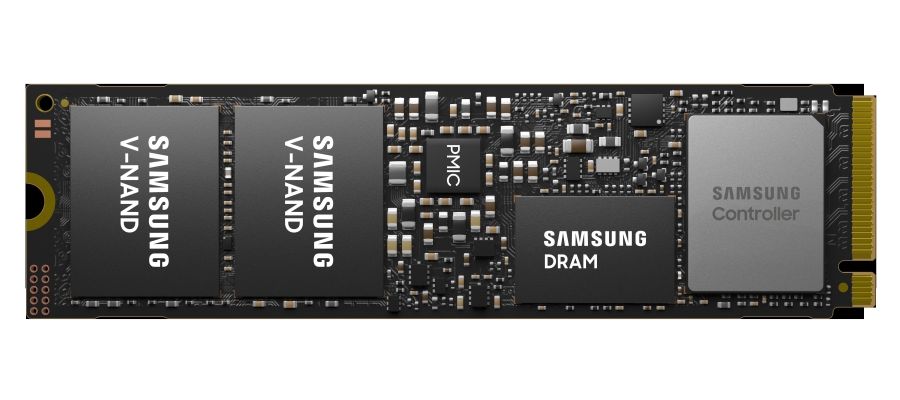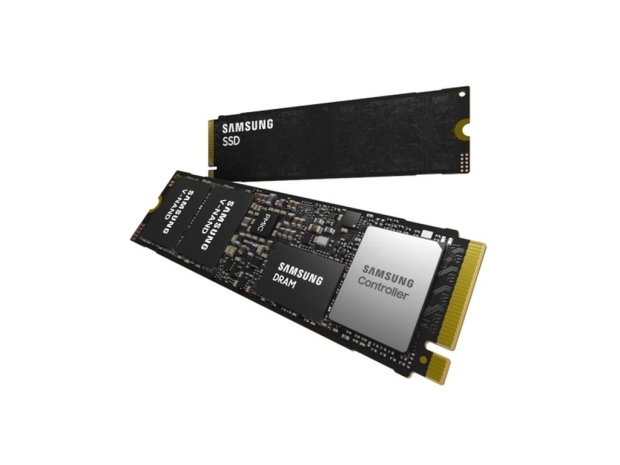As said, the Samsung PM9E1 is based on an in-house 5nm-based controller, combined with the 8th generation V-NAND. With an eight-channel PCIe 5.0 interface, the PM9E1 will double the performance of the previous generation, reaching sequential read and write speeds of up to 14.5 GB/s and 13 GB/s, respectively. As expected, Samsung is aiming at AI applications, and with these transfer speeds, the PM9E1 will be able to push a 14GB LLM from SSD to DRAM in less than a second.
The Samsung PM9E1 will be available in 512GB, 1TB, 2TB, and 4TB capacity options. Samsung also claims it has managed to improve power efficiency by over 50 percent. The Samsung PM9E1 will also include Security Protocol and Data Model (SPDM) v1.2 with Secure Channel, Device Authentication, and Firmware Tampering Attestation technologies.
"Our PM9E1 integrated with a 5 nm controller delivers industry-leading power efficiency and utmost performance validated by our key partners," said YongCheol Bae, Executive Vice President of Memory Product Planning at Samsung Electronics. "In the rapidly growing on-device AI era, Samsung's PM9E1 will offer a robust foundation for global customers to effectively plan their AI portfolios."
Starting with PM9E1, Samsung plans to expand its advanced SSD offerings to global PC makers and expects to launch PCIe 5.0-based consumer products in the future to solidify its leadership in the on-device AI market.





